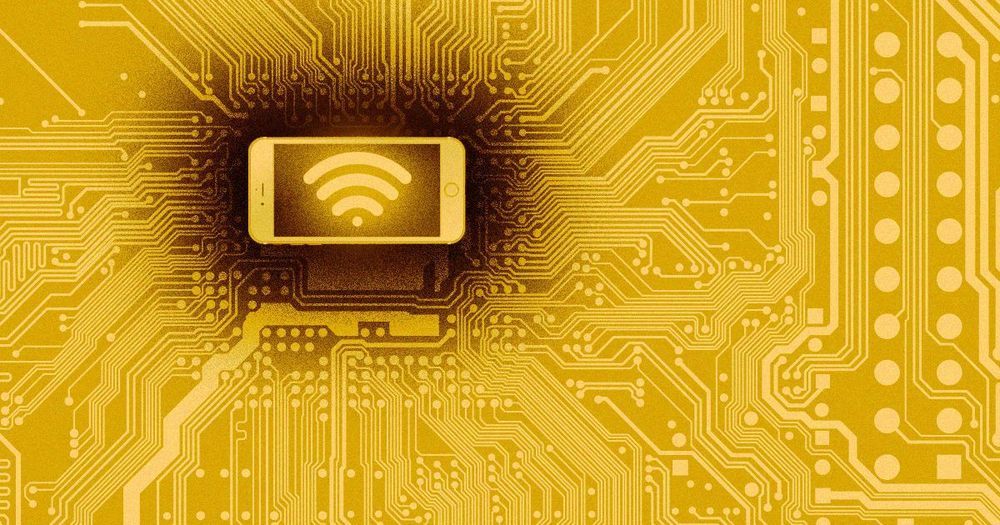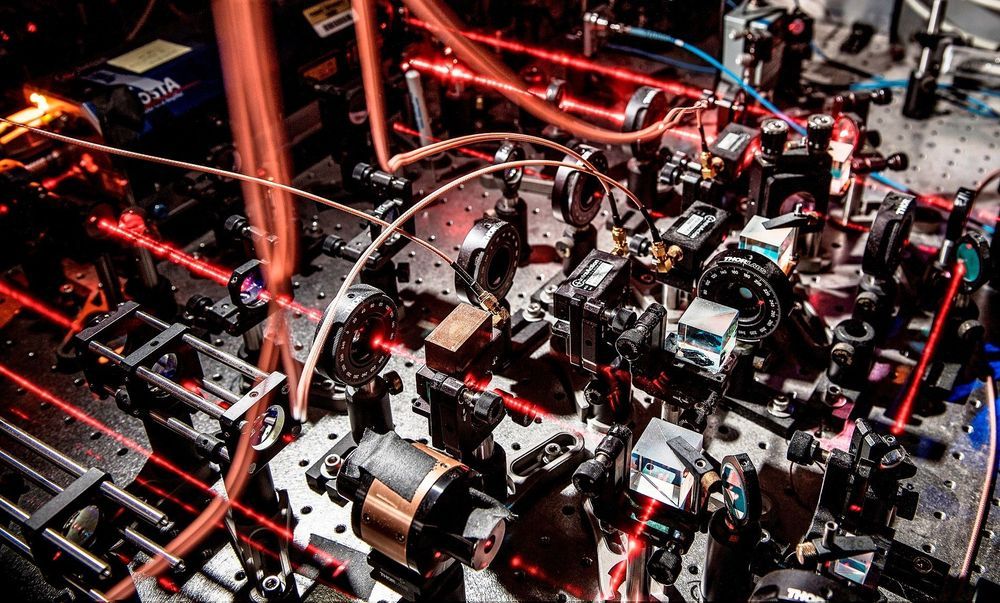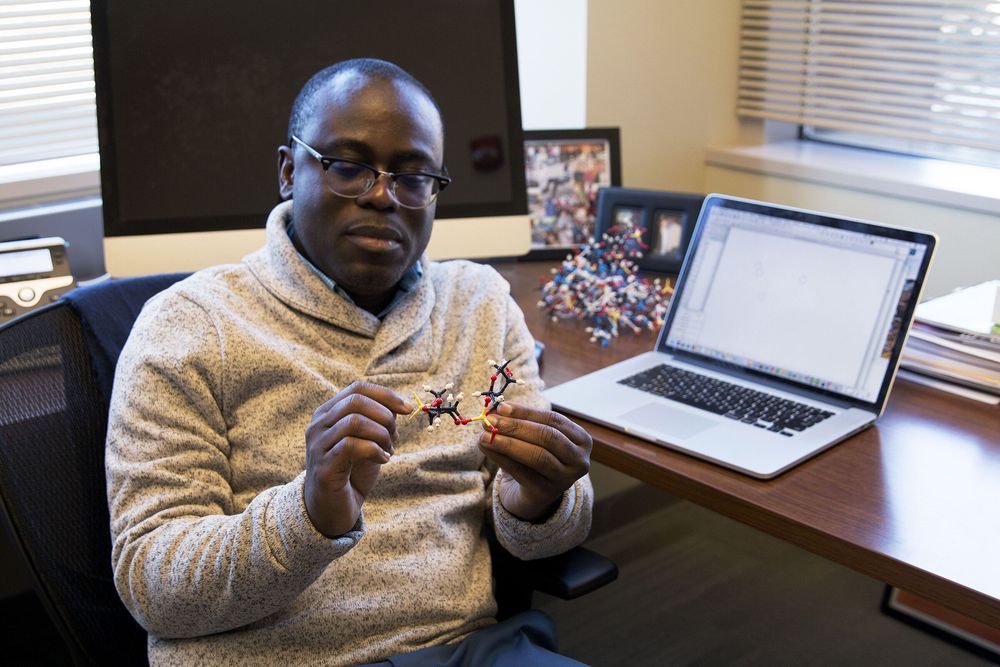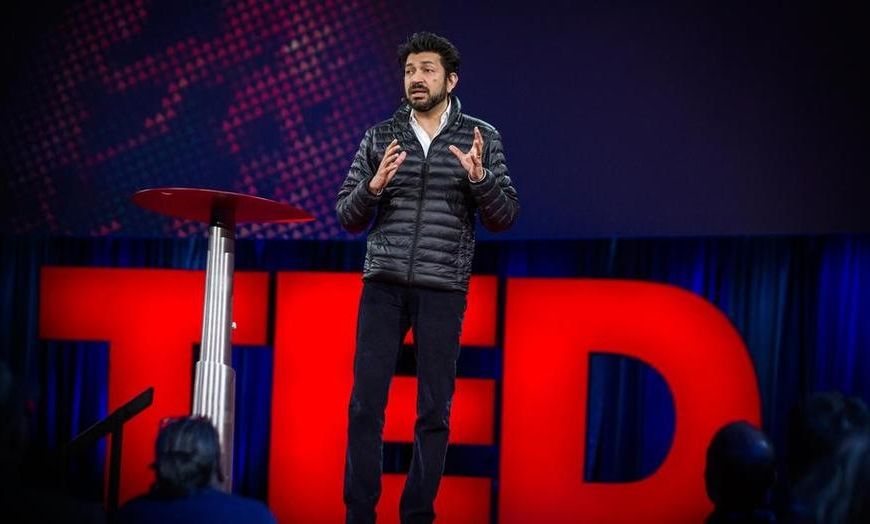Thanks to a new photo-analyzing computer program, a photographer’s line of sight no longer has to be a straight shot.





Researchers have created a new testing ground for quantum systems in which they can literally turn certain particle interactions on and off, potentially paving the way for advances in spintronics.
Spin transport electronics have the potential to revolutionize electronic devices as we know them, especially when it comes to computing. While standard electronics use an electron’s charge to encode information, spintronic devices rely on another intrinsic property of the electron: its spin.
Spintronics could be faster and more reliable than conventional electronics, as spin can be changed quickly and these devices use less power. However, the field is young and there are many questions researchers need to solve to improve their control of spin information. One of the most complex questions plaguing the field is how the signal carried by particles with spin, known as spin current, decays over time.

Using brain-scanning technology, artificial intelligence, and speech synthesizers, scientists have converted brain patterns into intelligible verbal speech—an advance that could eventually give voice to those without.
It’s a shame Stephen Hawking isn’t alive to see this, as he may have gotten a real kick out of it. The new speech system, developed by researchers at the Neural Acoustic Processing Lab at Columbia University in New York City, is something the late physicist might have benefited from.
Among many things I like here, at 112 min David mentions 20 top scientists in the field are working together.

Researchers have been struggling for years to find a treatment for patients who have a recurrence of acute myeloid leukemia (AML), an aggressive blood cancer that is one of the most lethal cancers. About 19,520 news cases are diagnosed a year, and about 10,670 people a year die from it, according to the American Cancer Society.
Purdue University researchers are developing a series of drug compounds that have shown promise in treating such cases. About 30 percent of AML patients have a mutation caused by a kinase called FLT3, which makes the leukemia more aggressive. Inhibitors of FLT3, such as Radapt, approved last year by the U.S. Food and Drug Administration, have shown good initial response to treating leukemia. Gilteritinib, another FLT3 inhibitor, was recently approved toward the end of 2018. But AML patients on FLT3 inhibitor therapy often relapse because of secondary mutations in the FLT3 and existing treatments have not been fully successful in treating those cases.
Researchers on a team led by Herman O. Sintim, the Drug Discovery Professor of Chemistry in Purdue’s Department of Chemistry, say they have developed a series of compounds that work not only on AML with common FLT3 mutation, but also drug-resistant AML harboring problematic mutations, such as the gatekeeper F691L mutation, which some leukemia patients who relapse harbor.


We specialize in the cryo-preservation of humans and pets, DNA & tissue storage as well as cryonics outreach and public education.